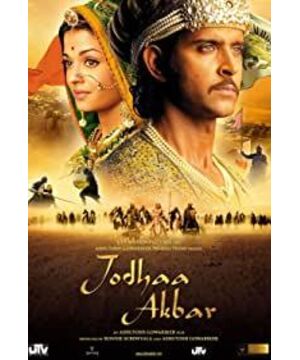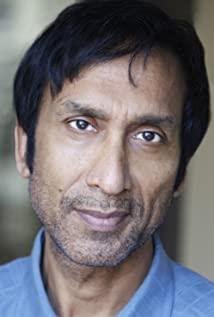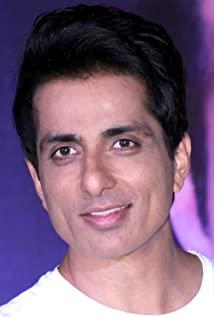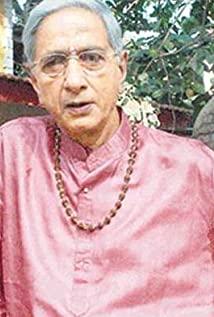"Jodhaa Akbar" is translated into Chinese as Akbar the Great, and also translated into Imperial Rose. Personally, I think that the two translations are not representative of this article. After all, its original intention is to tell a love story, but its emphasis is on Akbar. The narration angle of Emperor Ba also makes it look like a biographical film. Compared with the "Ashoka", which has a MV scene in which a woman runs and a man chases at every turn, this film has a good sense of proportion. The film that lasts for more than three hours is not boring at all, even the inside. Several singing and dancing scenes with a duration of more than 5 minutes are not abrupt and film-making, and they are integrated with the film (especially the singing and dancing in the dark when Akbar married the princess, which is the essence of the whole film).
The director's attitude in making epic films is extremely admirable, and it is especially worthy of our country's directors to learn from. First of all, all the props and sets in the film, even a pair of shoes that stayed in the picture for 1 second, as well as the A, B, and C passing by the roadside, were all gorgeous. What is precious is that the director did not let these jewels drown out the story itself, and it is rare for the film not to suffer from the flashy problems of epic movies, although the whole film basically does not have much plot ups and downs except for the last half hour (at least I don’t think it is very ups and downs) , but the story is eloquently told, allowing people to naturally blend into it, magnificent and not flashy.
The film focuses on Akbar's tolerance and inclusion in dealing with religious issues, as well as his benevolent treatment of the people. In fact, he was exiled to Persia with his father since he was a child. He has never received a good education and is almost illiterate. It is worth mentioning that his mother is a descendant of Genghis Khan. The Mughal dynasty where Akbar the Great was located was the last dynasty in India, but it was also the first unified dynasty in India built on the basis of national reconciliation and religious tolerance. Akbar's era was the golden age of the Mughal dynasty, and because of his outstanding performance in religious and internal affairs, he was considered the greatest monarch in India after Ashoka.
View more about Jodhaa Akbar reviews











